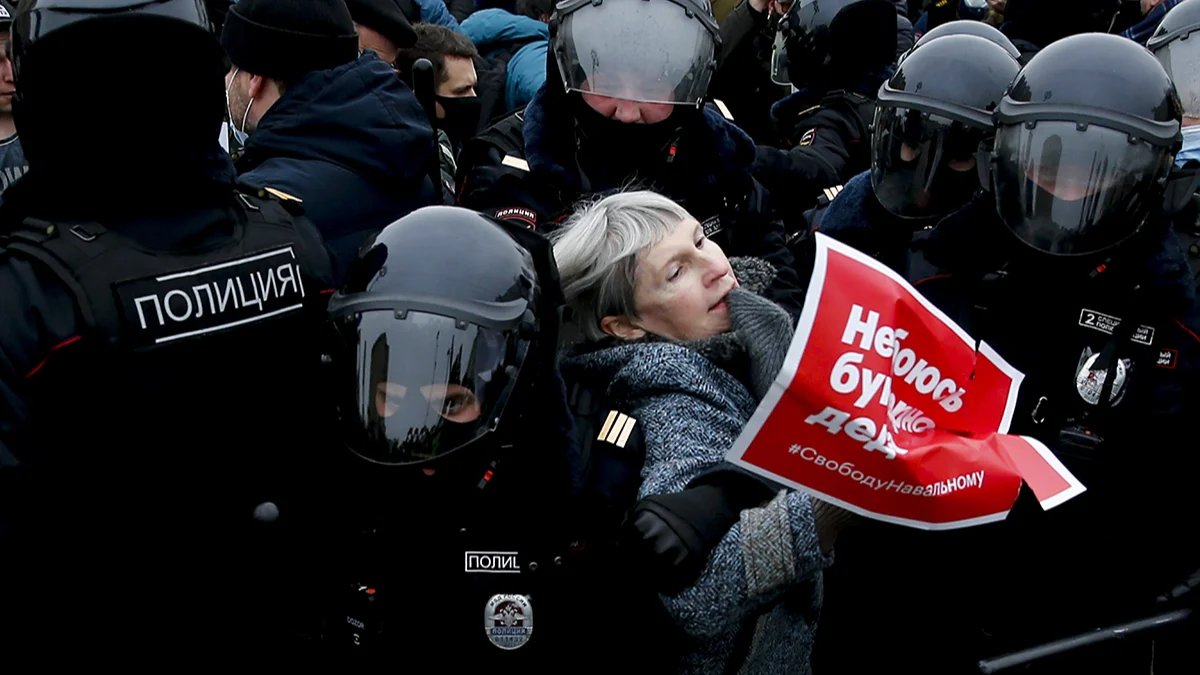
Police detaining a protester at a pro-Navalny rally in Moscow, 23 January 2021. Photo: Sefa Karacan / Anadolu Agency / Getty Images
The Russian authorities have long been persecuting those who worked with or supported the opposition leader Alexey Navalny, who was buried in Moscow on Friday. Even before Navalny was poisoned in 2020, his supporters and employees found themselves facing detention, criminal charges and physical violence at the hands of law enforcement agencies, and the tactics of harassment and intimidation look set to continue. Novaya Gazeta Europe looks at various Navalny associates who have paid the price for their connections to the outspoken Kremlin critic.
1. Liliya Chanysheva — head of Navalny’s Ufa headquarters. Barred from running in local elections, arrested, and sentenced to seven and a half years in prison.
Chanysheva, who first volunteered for Navalny’s 2013 campaign for Moscow mayor, became head of his headquarters in Ufa, in the Volga region, in 2017. She was barred from standing in local elections several times and prohibited from giving testimony in court in 2019. In 2021, she was detained for attending a rally protesting Navalny’s arrest and charged with three crimes, including “creating an extremist community”, receiving a 7.5-year prison sentence in June.
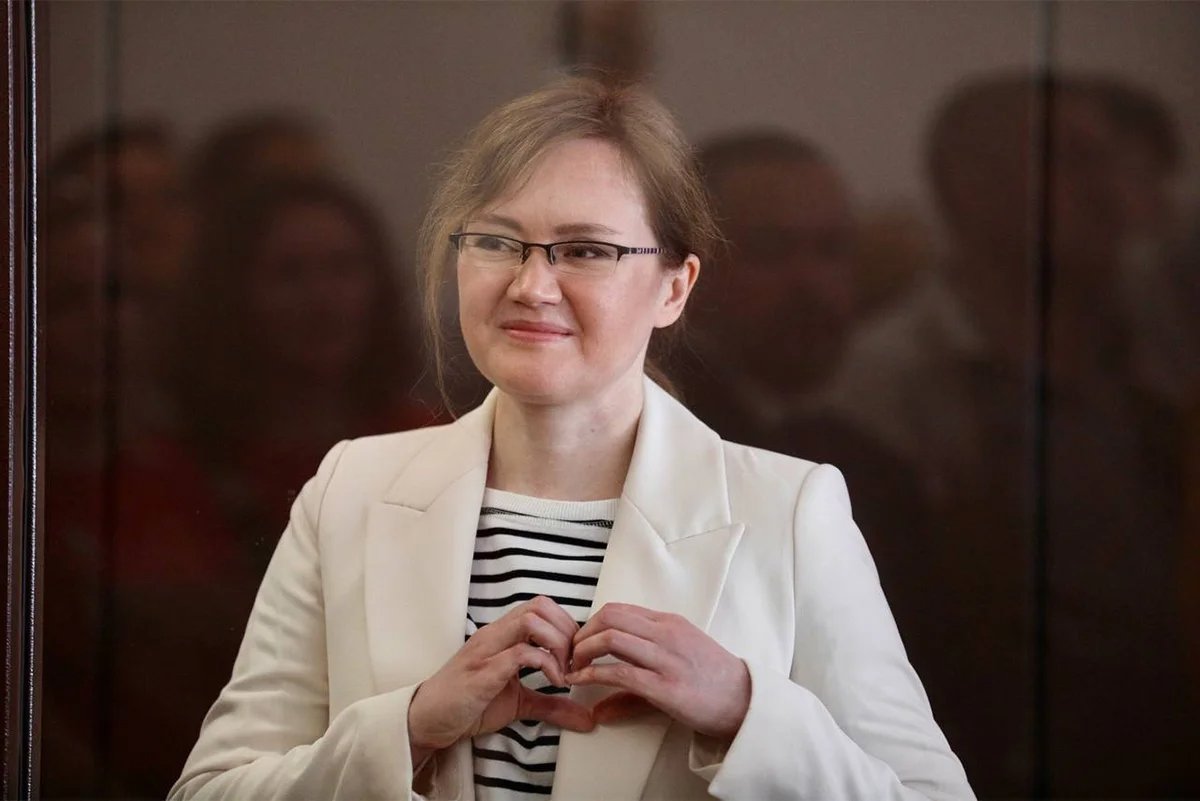
Chanysheva at her sentencing. Photo: Alexandra Astakhova / Mediazona
2. Ksenia Fadeyeva — head of Navalny’s Tomsk headquarters. Fined, arrested, and sentenced to nine years in prison.
Fadeyeva, who joined Navalny’s team in the western Siberian city of Tomsk in 2018, was detained several times and fined for “organising unsanctioned protests”. In December 2023, she was given nine years in prison, in a trial held behind closed doors, for crimes including “creating an extremist community”.
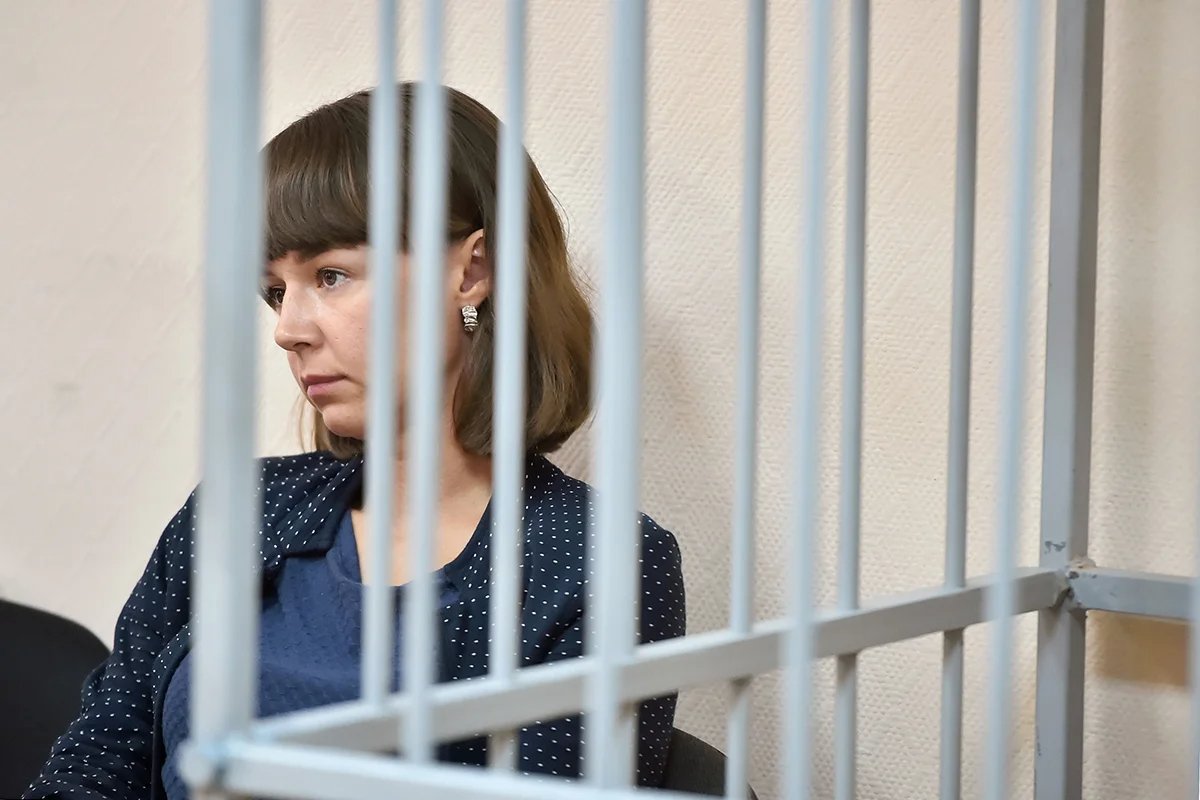
Fadeyeva at court in Tomsk, 14 August 2023. Photo: Vlad Nekrasov / Kommersant / Sipa USA / Vida Press
3. Vadim Ostanin — head of Navalny’s Biysk and Barnaul headquarters. Arrested and refused medication while under arrest. Sentenced to nine years in prison.
Ostanin served as head of Navalny’s headquarters in the southern Siberian cities of Biysk and Barnaul from 2017 to 2018 and 2019 to 2021 respectively. He was detained in 2021 and charged with the same crimes as Fadeyeva. Ostanin was refused medication while in pre-trial detention. His cell had rats, but no hot water and no bed. He was sentenced to nine years in prison in July 2023.
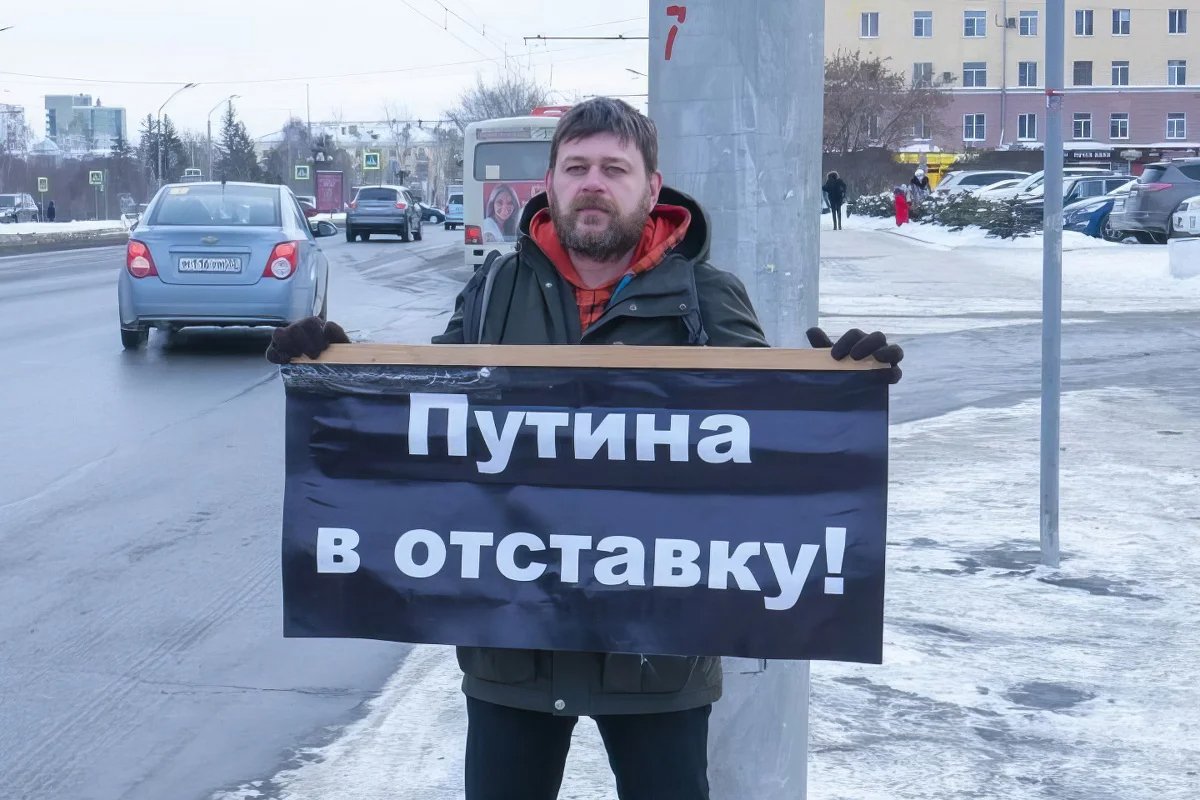
Vadim Ostanin. Photo: Navalny Team / Telegram
4. Sergey Bespalov — head of Navalny’s Irkutsk headquarters. Arrested and banned from leaving Irkutsk or attending public events for two years and eight months.
Bespalov was arrested in 2017 and 2021 for organising “unsanctioned rallies”. In February 2021, he was sentenced to two years and eight months of “restricted freedom”, preventing him from leaving Irkutsk, in southeastern Siberia, for his alleged “attack” on members of the ultranationalist National Liberation Movement. Once restrictions on his movements were lifted, he left Russia for Turkey.
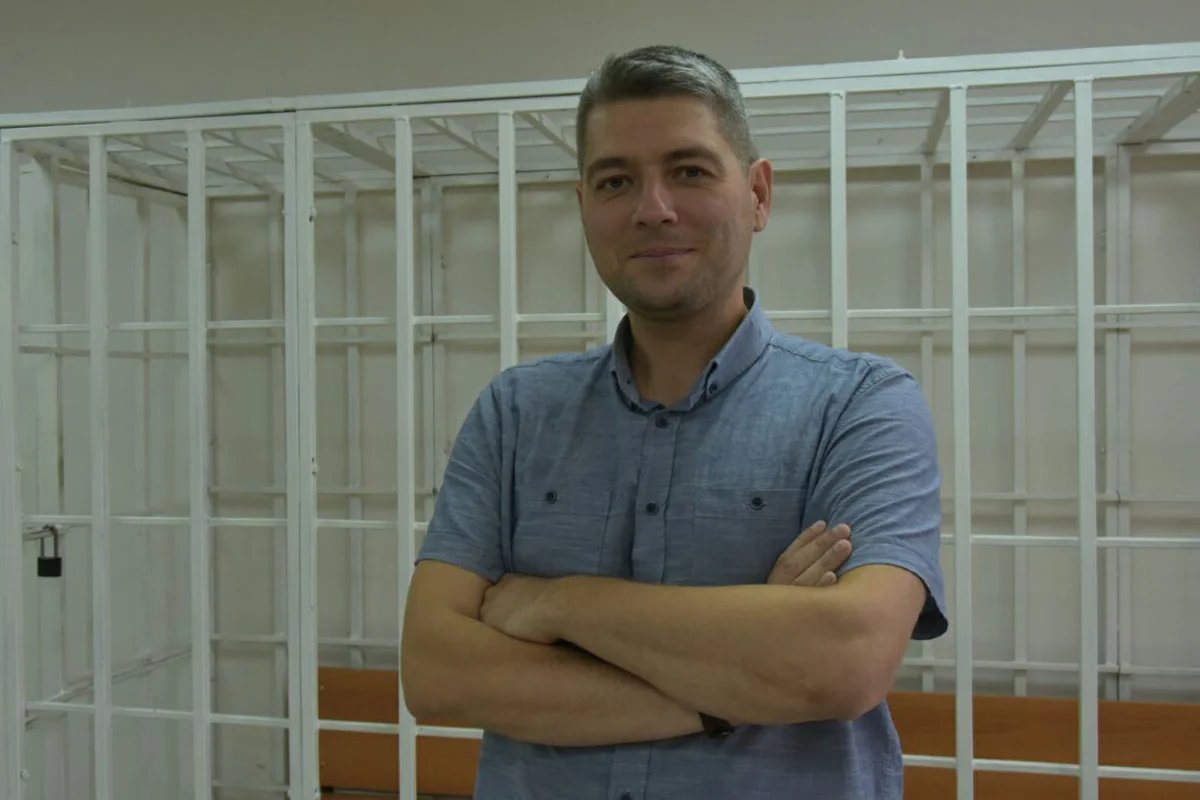
Sergey Bespalov. Photo: Navalny Team / Telegram
5. Oleg Stepanov — head of Navalny’s Moscow headquarters. Placed under house arrest and banned from running for office.
Stepanov was charged with violating Covid restrictions and placed under house arrest in January 2021 when he called for citizens to attend a rally. His bid to run for a seat in the State Duma, the lower house of the Russian parliament, was rejected on the grounds that he had “collaborated with an extremist organisation,” despite the fact that Navalny’s Anti-Corruption Foundation had not at the time of his involvement been deemed extremist. In August 2021, a strict year-long curfew was imposed on Stepanov. He fled Russia that autumn.
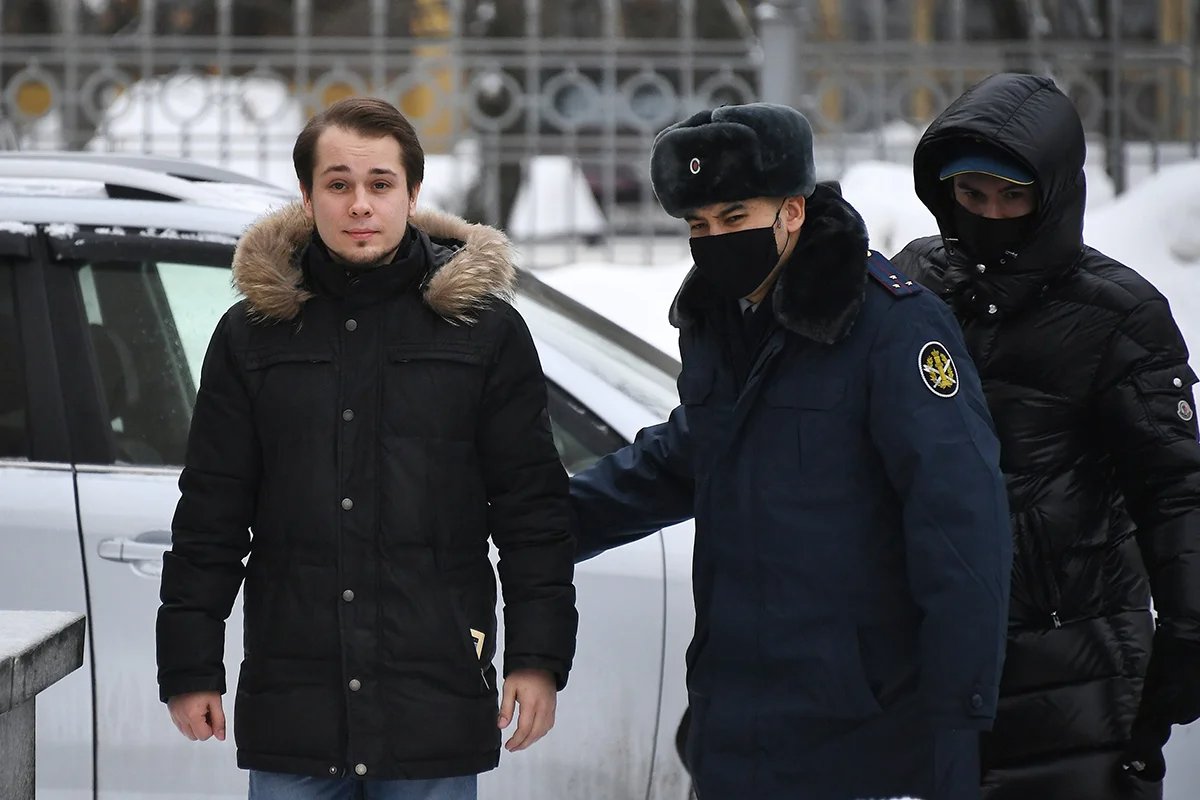
Oleg Stepanov (left), a co-ordinator at Navalny Moscow headquarters, being escorted to a court hearing in Moscow, 25 February 2021. Photo: Ivan Vodopyanov / Kommersant / Sipa USA / Vida Press
6. Stanislav Kalinichenko — blogger and Navalny supporter. Detained, beaten, arrested, and fined.
Kalinichenko was first charged with “extremist activities” in 2013 when he retweeted a post that urged people to “stop going to rallies and start taking action”. In March 2015, a court slapped him with a 150,000 ruble (€2,310) fine. In 2016, he was detained and beaten while out on a run and charged for allegedly attacking a police officer. He later said that he had been tasered in pre-trial detention before his case was eventually dropped. In 2021, he was arrested twice: first for “organising an unauthorised rally” and then for failing to pay alimony, which Kalinichenko said was a politically motivated charge. He now appears to have fled the country.
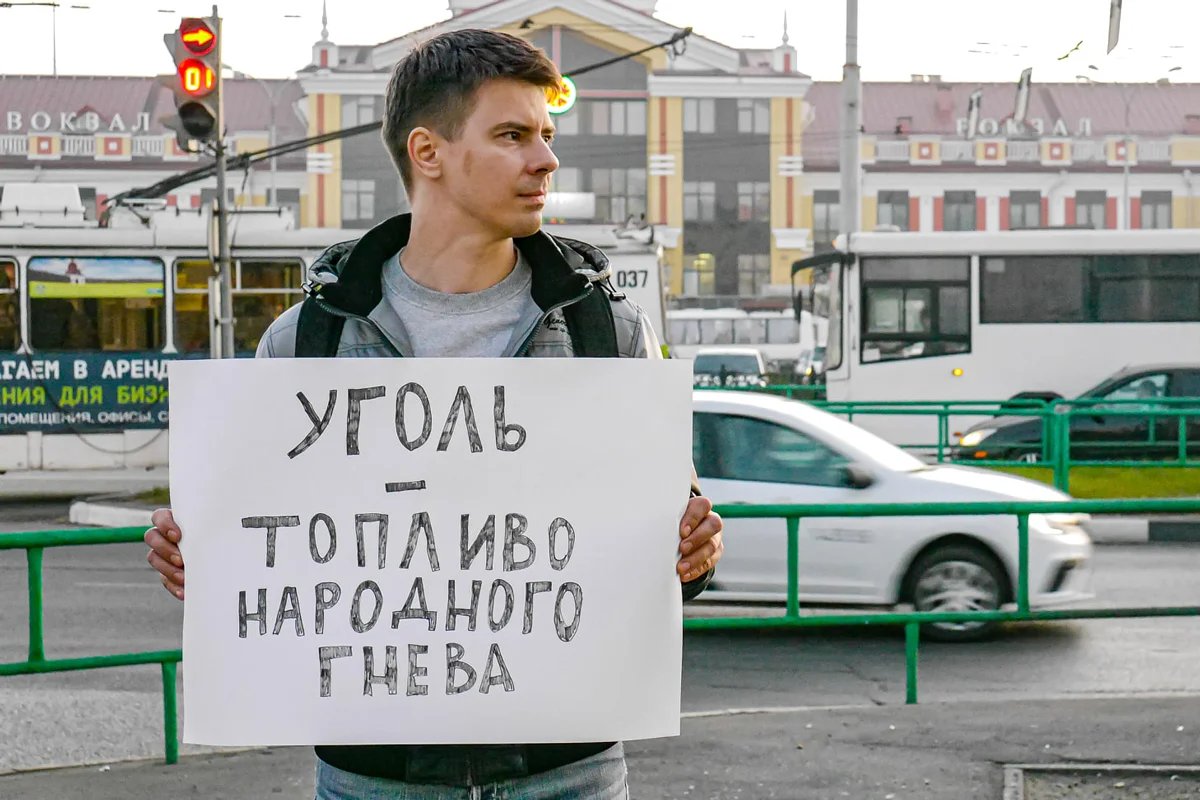
Photo: Stanislav Kalinichenko / Facebook
7. Konstantin Yankauskas — Moscow municipal deputy, Navalny supporter. Placed under house arrest.
In 2013, Yankauskas was placed under house arrest for a year after being charged with fraud for fundraising for Navalny’s mayoral campaign. In February 2021, he was arrested for violating Covid restrictions and was once again placed under house arrest.
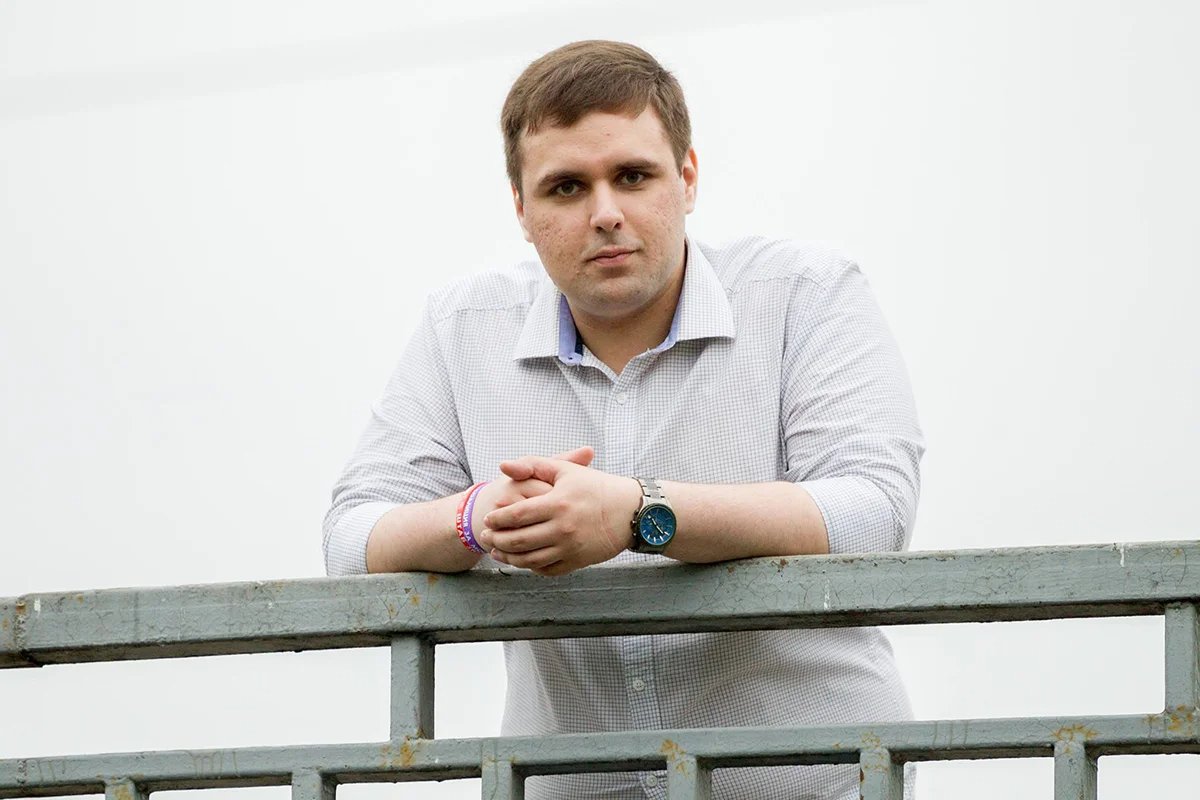
Photo: Konstantin Yankauskas / Facebook
8. Gleb Maryasov — student and Navalny supporter. Detained, beaten, sued for over 1.5 million rubles. Sentenced to 10 months in prison.
Maryasov was accused of violating Covid restrictions after he attended a protest in January 2021. He was detained, beaten by police, and then held in a detention centre for 30 days. Immediately after his release, he was detained a second time for “blocking roads” on the basis of a video in which he appeared to wave his arms to show a protester which way to go. The state-owned Moscow transport operator, Mosgortrans, and the Moscow Metro sued Maryasov for one and a half million rubles for blocking roads. In October 2021, Maryasov was sentenced to 10 months in prison and forced to pay the transport operators 2.7 million rubles (€32,670).
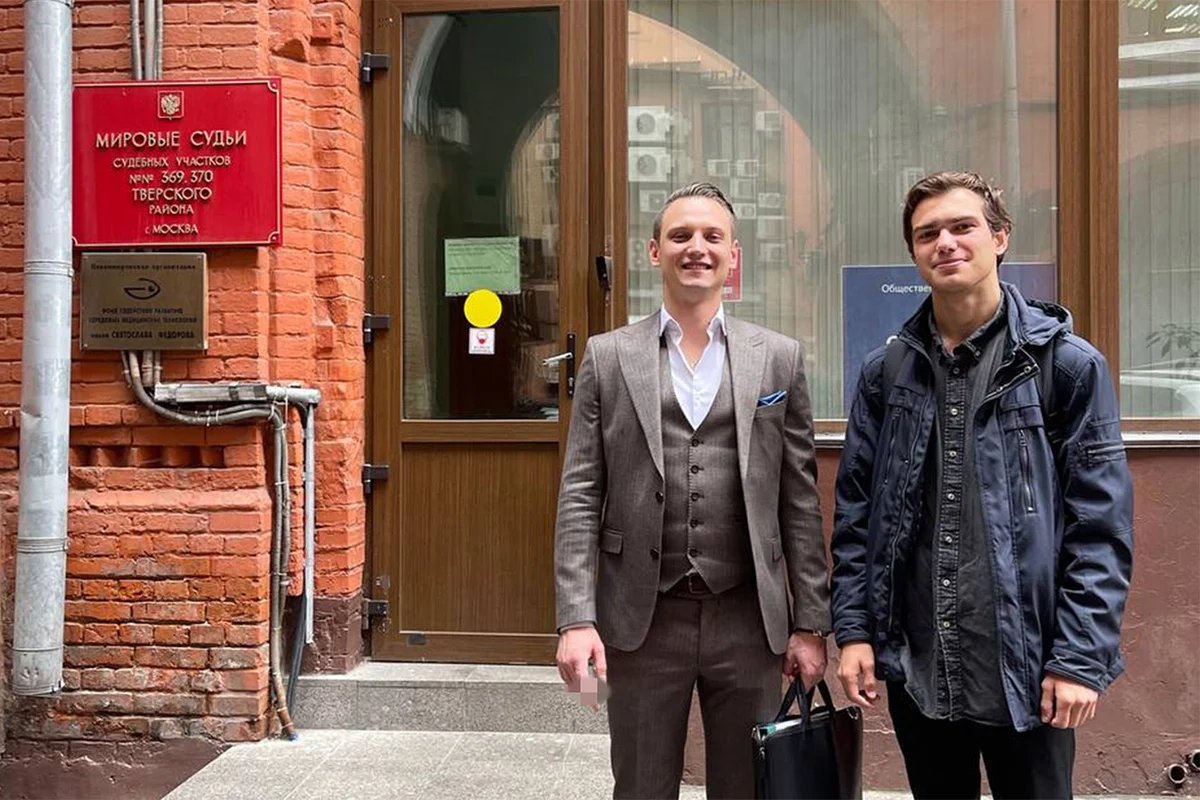
Dmitry Zakhvatov and Gleb Maryasov. Photo: Yelizaveta Nesterova / Mediazona
9. Alexey Mironov — Navalny campaign volunteer. Fined and sentenced to two years and three months in prison.
In 2017, Mironov was sentenced to two years and three months in prison for “calling for extremism” over posts he made on social network VK. In prison, he was sent to solitary confinement for keeping socks in his nightstand and taking too many showers. He was released in 2019. In 2021, Mironov was fined 10,000 rubles (€115) for reporting on a Navalny rally for US-funded broadcaster Radio Free Europe/Radio Liberty.
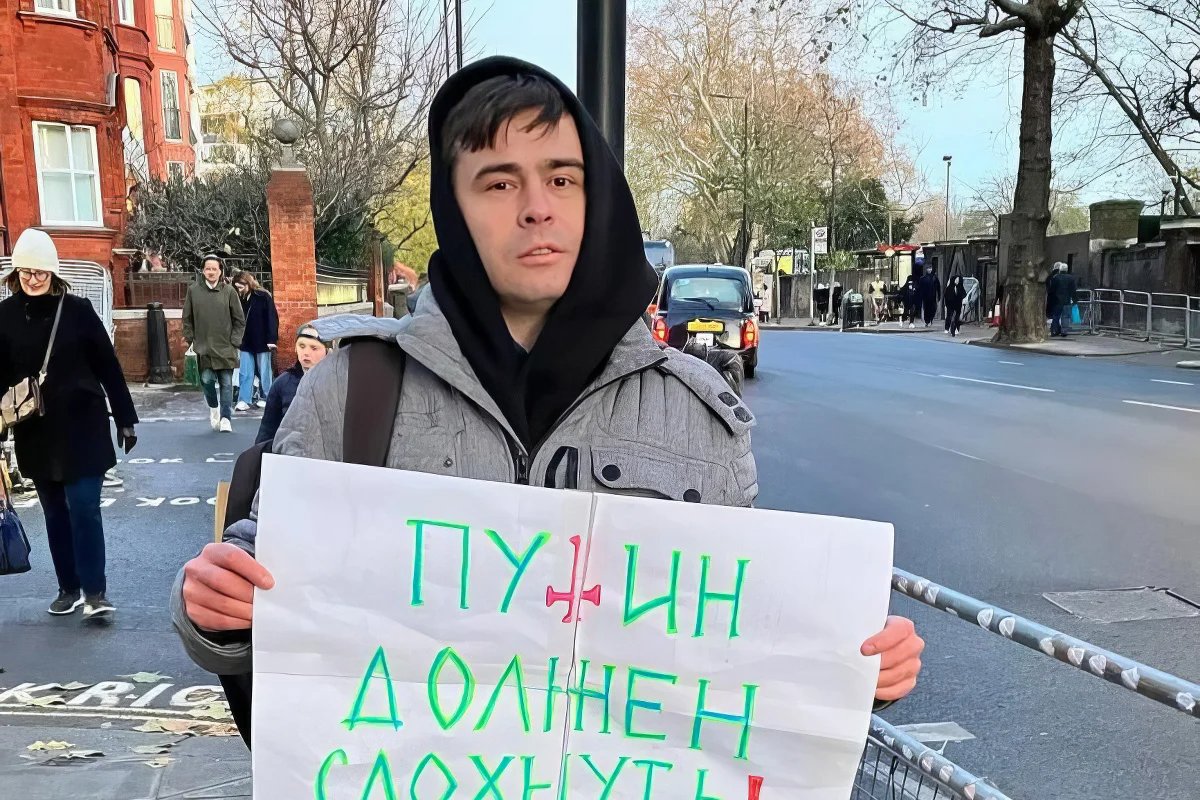
Alexey Mironov. Photo: Angry Chuvashia / Telegram
